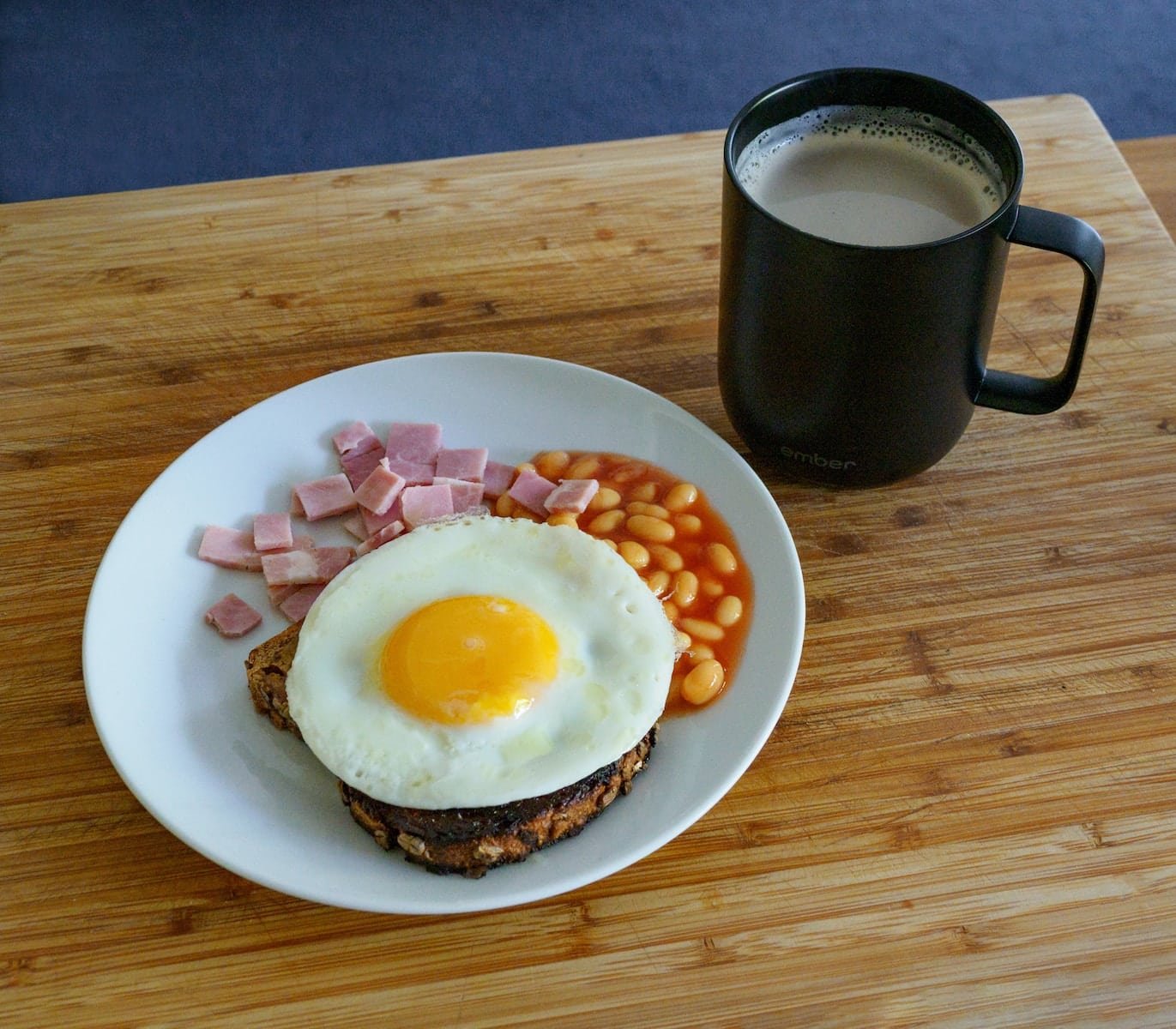First things first, can you freeze baked beans? Absolutely, yes! Freezing is a fantastic food preservation method that the FDA endorses for maintaining the quality and safety of many prepared foods, baked beans included. When done correctly, freezing doesn’t just lock in flavor and nutrients; it also halts the growth of bacteria that could potentially cause foodborne illnesses.
Before you toss that pot of beans into the icy depths of your freezer, there’s a proper way to prep them. Cooling your beans quickly after cooking is crucial. The CDC recommends not letting food remain in the ‘danger zone’ (between 40°F and 140°F) for more than two hours to prevent bacterial growth. So, once your beans reach room temperature, it’s time to get them ready for freezing.
Choosing the right container is key to maintaining the quality of your beans. Airtight containers or heavy-duty freezer bags are your best bet. If you’re using containers, leave about an inch of headspace to allow for expansion when the beans freeze. If you opt for freezer bags, squeeze out as much air as possible before sealing to prevent freezer burn.
Always label your containers or bags with the date of freezing. Baked beans can last in the freezer for up to six months, but for the best flavor and texture, I recommend using them within two months.
When you’re ready to enjoy your beans, thaw them in the refrigerator overnight to ensure they remain at a safe temperature. According to the USDA, food thawed in the refrigerator can be refrozen without cooking, but there may be some loss of quality.
For reheating, make sure your beans reach an internal temperature of 165°F, as recommended by the FDA. You can reheat them on the stove, in the microwave, or in the oven. Stir them occasionally for even heating and to bring back that just-cooked taste.
You might be wondering if freezing affects the taste. While there might be a slight change in texture, the flavor should remain as hearty and delicious as the day you made them. To revive the texture, add a splash of water or sauce when reheating to bring back some of the moisture that might have been lost during freezing.
If your beans have been sitting out too long and you’re not sure if they’ve crossed into the danger zone, it’s better to err on the side of caution and not freeze them. The last thing you want is to preserve unsafe food.
For those who love to meal prep, consider freezing your baked beans in individual portions. This way, you can thaw exactly what you need for a meal without having to reheat the entire batch. It’s convenient and ensures less waste!
There you have it, the scoop on freezing your favorite comfort food. By following these tips, you can ensure that your baked beans remain as safe and satisfying as the day they were made. So go ahead, make that big batch, and rest easy knowing that your freezer is your ally in food safety and convenience.


